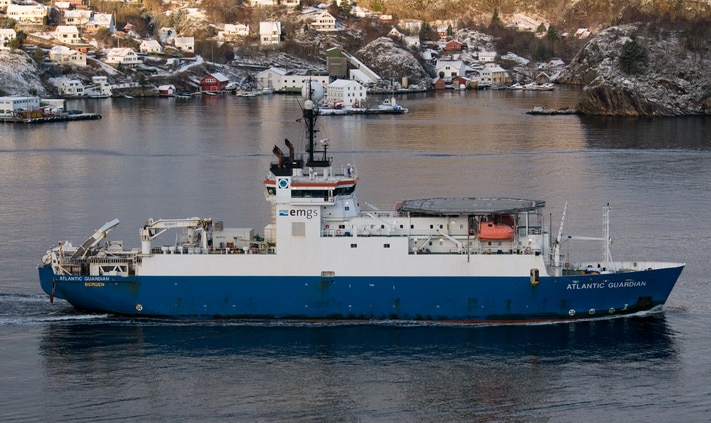After weeks of grassroots campaigns, mass protests in Egypt erupted in July, culminating in the overthrow of President Morsi in what was effectively a military coup. Two and a half years after the Arab Spring in Egypt resulted in the ousting of President Mubarak, political chaos and bloodshed has returned to the nation. In the oil market, the disruption is sparking concerns about the security of the strategically important Suez Canal, and/or interference with the Suez-Mediterranean (SUMED) pipelines transporting around 2.4 MMbopd to Europe. Fees from the operation of these two transit points are significant sources of revenue for the Egyptian government, so both are strategic targets for strikes or attacks against the regime.
Total oil flows through the Suez Canal reached almost 2.2 MMbopd in 2011, still below the levels seen before the financial crisis and global recession in 2008/09. The decline in transits over the last years also reflects the changing dynamics of international oil flows. Increasing demand from Asian countries, especially China, the shale revolution in the US and falling demand from Europe have redirected oil flows from west to east. Security issues around the Horn of Africa have forced ship owners to take the longer route around South Africa at the expense of routes passing the Suez Canal.
The SUMED pipelines are the only alternative route to transport crude oil to the Mediterranean Sea from the Red Sea. A temporary closure of the Suez Canal and/or these pipelines would add nearly 10,000 km to transit routes and could have a dramatic impact on tanker rates and oil prices. Transit times would increase by around ten days to Europe and 15 to the US, causing a significant build in in-transit inventories and increasing tanker demand. Delayed loads and losses to the oil market and increasing transportation costs will push up the price of crude oil and products, while the longer routes will increase demand for bunker oil to fuel the ships. The fear that Egypt would close down the Suez Canal at the outset of the Arab Spring in 2011 pushed up oil prices by around US$7/barrel.
Home Consumption
Egypt is the largest oil producer on the African continent which is not a member of OPEC, and the second-largest natural gas producer after Algeria. The country’s oil exports are limited, only 114,000 bo in 2012, as most of the oil is consumed domestically. It is Africa’s third-largest natural gas exporter after Algeria and Nigeria, but volumes have been falling significantly after a two-year moratorium on new gas export contracts in 2008, aimed at increasing electricity consumption at gas-fired power plants.
Thus the crisis in Egypt is primarily a threat to the oil market as an important transport chokepoint and not as a supplier of hydrocarbons to the global markets. A shut-in of the country’s oil production would need to be replaced by an increase from other oil suppliers and by reducing OPEC’s (the world’s) spare capacity buffer. This will put more pressure on the world’s supply/demand balance and thus increase the risk premium in oil prices in the short term, as the oil market starts once again to worry about the spill-over effects if the protests spread to the oil-producing regimes of the Persian Gulf.





